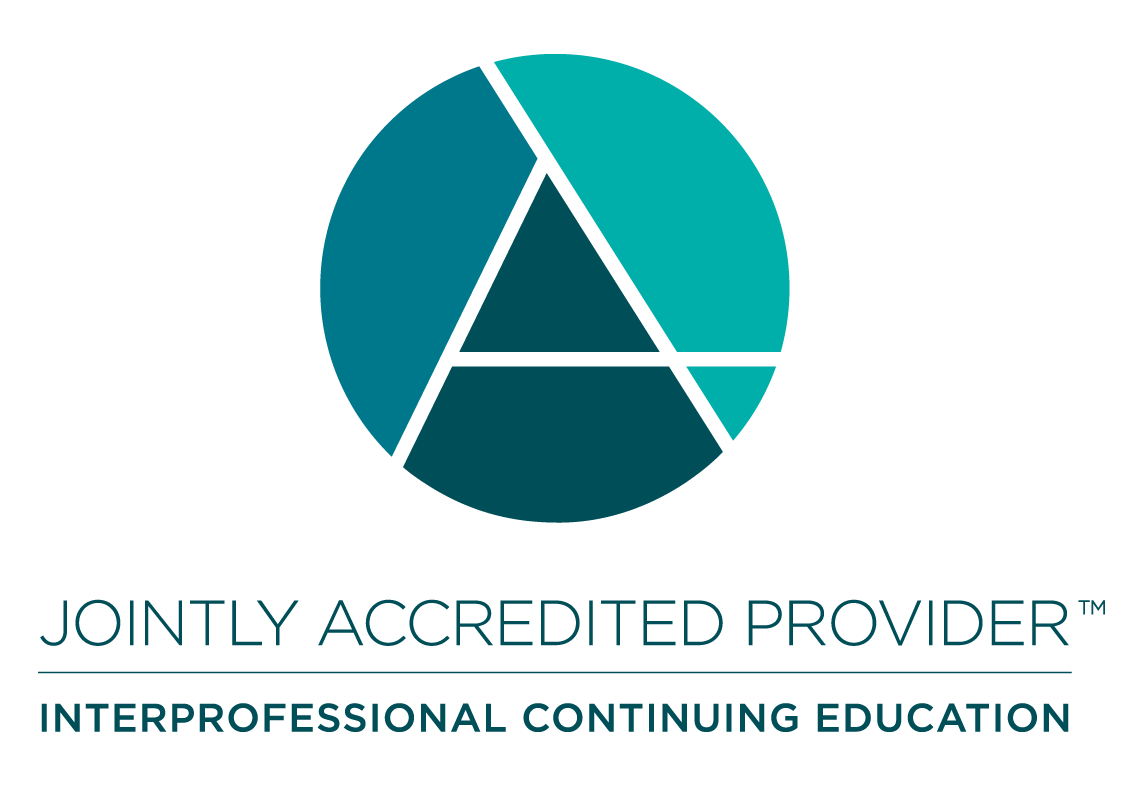
Integrating Medications for Alcohol Use Disorder into Residential Treatment Settings
-
Register
- Administrative Staff - Free!
- Counselor (CAADE, CADTP, CCAPP, LPC, LMHC NCC, etc.) - Free!
- PhD - Free!
- Nurse (MSN, LPN, RN, LVN) - Free!
- Nurse Practitioner (APRN, DNP) - Free!
- Pharmacist (PharmD) - Free!
- Physician (MD) - Free!
- Physician (DO) - Free!
- Physician (MBBS) - Free!
- Physician Associate (PA-C) - Free!
- Psychologist (PsyD) - Free!
- Social Worker (MSW, LCSW, LGSW) - Free!
- Student/Resident/Fellow - Free!
- Other - Free!
Integrating Medications for Alcohol Use Disorder into Residential Treatment Settings
Host: National Council for Mental Wellbeing
Recorded: September 25, 2025
Enduring Training
Overview
This webinar explores the benefits of using medications for alcohol use disorder (MAUD) in residential settings, highlighting improved outcomes, increased retention, reduced recurrences, and fewer heavy drinking days. In response to the current underutilization of MAUD in these settings, the webinar discusses implementation barriers and offers practical solutions to minimize these challenges. From state policies regarding MAUD availability to staffing models, the webinar addresses various considerations for healthcare professionals working in residential care. It concludes with a case-style discussion, providing additional examples for learners.
This course is eligible for 1 NBCC Contact Hour and 1 NAADAC CE.
The target audience for this introductory level activity includes: All types of healthcare professionals.
The ACGME Competencies include: Patient Care and Procedural Skills, Medical Knowledge, and Systems-based Practice
Learning Objectives
Upon completion, learners will be able to:
- Analyze why medications for alcohol use disorder (MAUD) may be underutilized in residential treatment facilities.
- Explore practical ways to incorporate and prioritize MAUD in residential treatment.
- Examine case scenarios and discuss opportunities to emphasize the importance and benefits of MAUD within residential treatment settings.
Open Registration: 10/06/2025 - 08/30/2027
Close Access Date: 09/30/2027
Instructions
- Click on the Contents tab to begin this activity.
- Click Complete GPRA Evaluation to provide valuable activity feedback. Scroll down on all questions as there may be answer options that expand past the size of the window.
Need Assistance?
For assistance logging in, accessing activities, claiming credit, or for other questions or concerns, please check the FAQ page, or contact pcss@asam.org.
Ian McLoone, LPCC, LADC
Ian McLoone is a Licensed Professional Clinical Counselor and Licensed Alcohol and Drug Counselor who has dedicated their career to working with individuals struggling with problematic relationships with substances. Early in their career, they collaborated closely with mentor Mark Willebring, MD, to develop the Alltyr Model of Care at the Alltyr Clinic. More recently, they co-founded Expanse MN—a mental health clinic with locations in Minneapolis and Spring Lake Park—alongside Paula (Desanto) Brandt and Jeffrey Sawyer, MD.
In 2021, Ian was honored as Counselor of the Year by the Minnesota Association for Resources in Recovery and Chemical Health (MARRCH), a recognition bestowed by their peers.
Beyond clinical practice, Ian has been teaching at the University of Minnesota since 2015, offering courses such as Applied Psychopharmacology and Person-Centered Practices for clinical counselors. They are a frequent speaker on topics including medications for addiction treatment, psychedelic-assisted therapies, and supporting families and loved ones. As a BBHT-approved Clinical Supervisor, Ian also enjoys mentoring new clinicians.
Accreditation & Credit Designation Statements

Joint Accreditation Statement
In support of improving patient care, the American Society of Addiction Medicine is jointly accredited by the Accreditation Council for Continuing Medical Education (ACCME), the Accreditation Council for Pharmacy Education (ACPE), and the American Nurses Credentialing Center (ANCC), to provide continuing education for the healthcare team.
National Board for Certified Counselors ACEP
This activity offers 1 NBCC Contact Hour(s).
The American Society of Addiction Medicine has been approved by NBCC as an Approved Continuing Education Provider, ACEP No. 7062. Programs that do not qualify for NBCC credit are clearly identified. The American Society of Addiction Medicine is solely responsible for all aspects of the programs.
NAADAC, The Association for Addiction Professionals
This course has been approved by the American Society of Addiction Medicine (ASAM) as a NAADAC Approved Education Provider, for 1 CE(s). NAADAC Provider #295, the American Society of Addiction Medicine (ASAM) is responsible for all aspects of its programing.
California Association for Drug/Alcohol Educators (CAADE)
This educational program is approved by CAADE: #CP40 999 1225.
California Association of DUI Treatment Centers (CADTP)
This educational program is approved by CADTP: #205.
California Consortium of Addiction Programs and Professionals (CCAPP)
This educational program is approved by CCAPP: #OS-20-330-0227.
Continuing Education Credits (CEUs)
Upon completion of the activity and online evaluation, all other participants may request a certificate of participation. Participants may submit this certificate of participation to their professional organization/institute as documentation for completing this accredited continuing activity.
Disclosure Information
In accordance with the disclosure policies of ASAM and Joint Accreditation, the effort is made to ensure balance, independence, objectivity, and scientific rigor in all accredited continuing education activities. These policies include identifying and mitigating all relevant financial relationships with ineligible companies for those involved in the creation and dissemination of accredited continuing education.
The following planners have relevant financial relationships:
- Kevin Sevarino, MD, PhD (Advisory Committee/Planner): GlaxoSmithKline, Stockholder
All other planners, faculty, and staff have no relevant financial relationships.
All relevant financial relationships have been identified and mitigated.